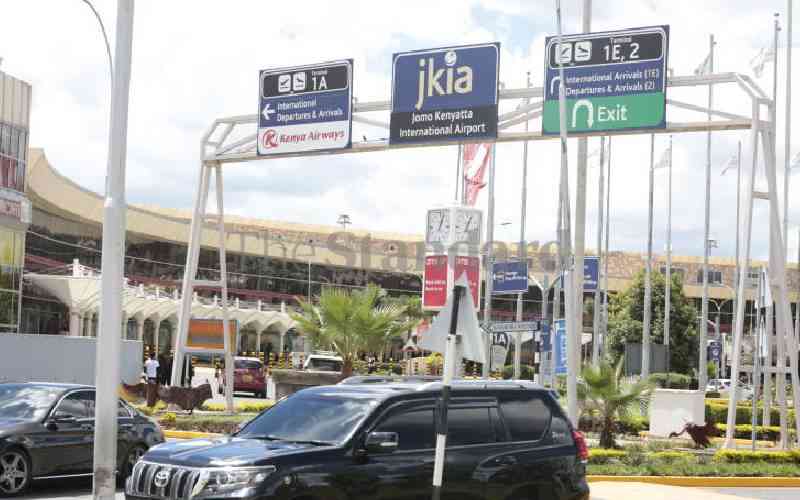×
The Standard e-Paper
Home To Bold Columnists

The Jomo Kenyatta International Airport (JKIA) has been facing several structural issues for the past few years from water leakages to frequent power outages.
Kenya's and indeed the region's prime aviation hub has huge potential for growth and economic transformation, but a few challenges are stifling this. In March this year, Adani Group submitted a privately initiated proposal (PIP) for a concession to expand and operate JKIA under a "build, operate and transfer" model.